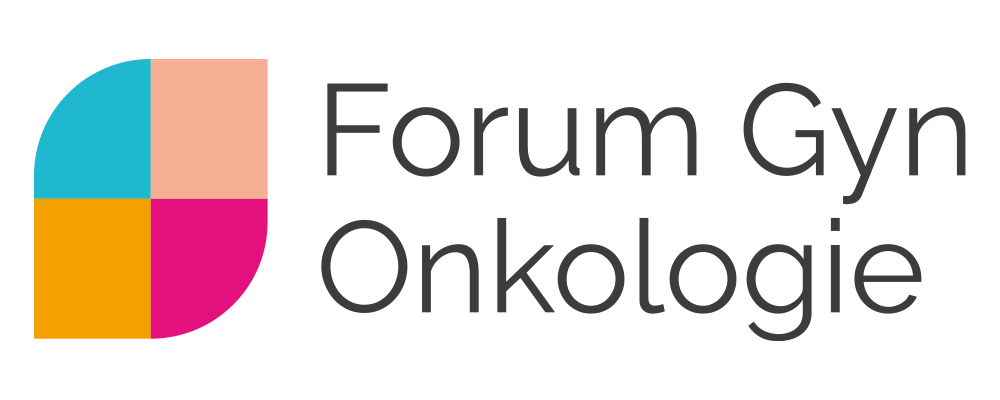Ovarian cancer has 7400 new cases per year in Germany
With an incidence rate of 7,400 new cases per year, ovarian carcinoma is one of the rather rare cancers in Germany. It develops from the superficial cells of the ovary. Since there are several cell types in the ovary from which a cancer can develop, there are also different fine-tissue types of ovarian cancer. Cancer cells have the property of dividing uncontrollably and also growing beyond the natural organ boundaries. Many cells then form the tumour.
Only when the tumour is large enough does it cause discomfort for the patient (e.g. pain) and can be palpated by the gynaecologist and visualised using various imaging techniques, such as ultrasound. The cells of ovarian cancer can also reach other organs in the abdominal cavity and form distant metastases, e.g. to the peritoneum or lymph nodes. Even if the initial treatment is positive, ovarian cancer can come back at a later stage and unfortunately cause a recurrence.
First Things First
Get treatment at a centre of competence specialising in ovarian cancer!
Only in a few cases is it necessary to operate on the tumour immediately. Discuss the treatment and open questions with your doctor or even get a second opinion (e.g. Charité Berlin or KEM Essen).
Surgery is the first and most important pillar of treatment for ovarian cancer. The aim is to achieve so-called “macroscopic tumour freedom”, i.e. no visible tumour residues should remain in the abdominal cavity. This complicated and very demanding operation should only be performed by experts at the centres of competence and should be embedded in an overall gynaecological oncological treatment concept.
Use your personal resources and get professional support, e.g. from psychooncologists.
The exchange as well as the experiences of other affected persons is often very valuable. Take advantage of the offers of the self-help groups (e.g. Eierstockkrebs Deutschland e.V. or Frauenselbsthilfe nach Krebs).
Take advantage of this opportunity and find out about studies and study participation. You will thus gain access to the latest therapy options and at the same time be examined at shorter intervals. Studies are also considered a quality feature of the centres.
Knowledge of the BRCA and HRD biomarkers can be crucial, as it impacts on treatment choices and can also provide important information for relatives. Information about the BRCAplus Themenreise or BRCA Netzwerk)

